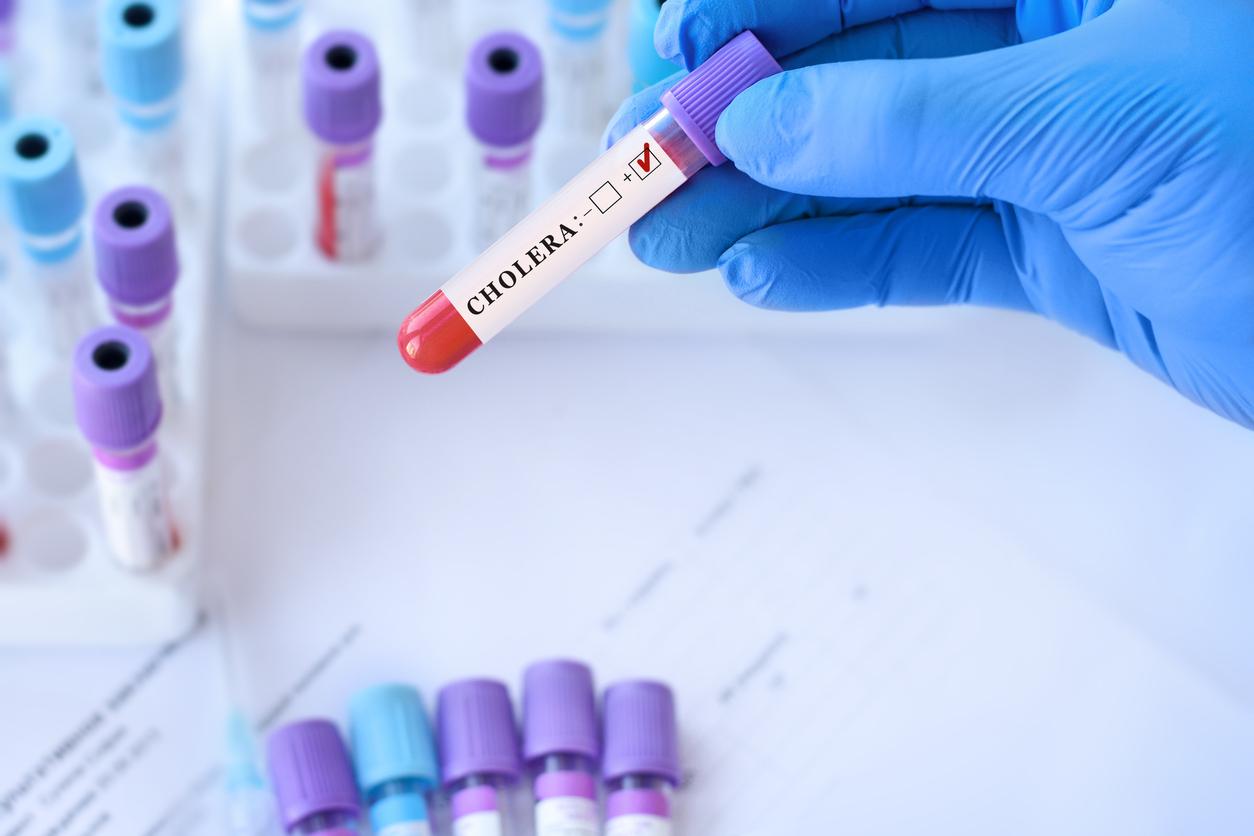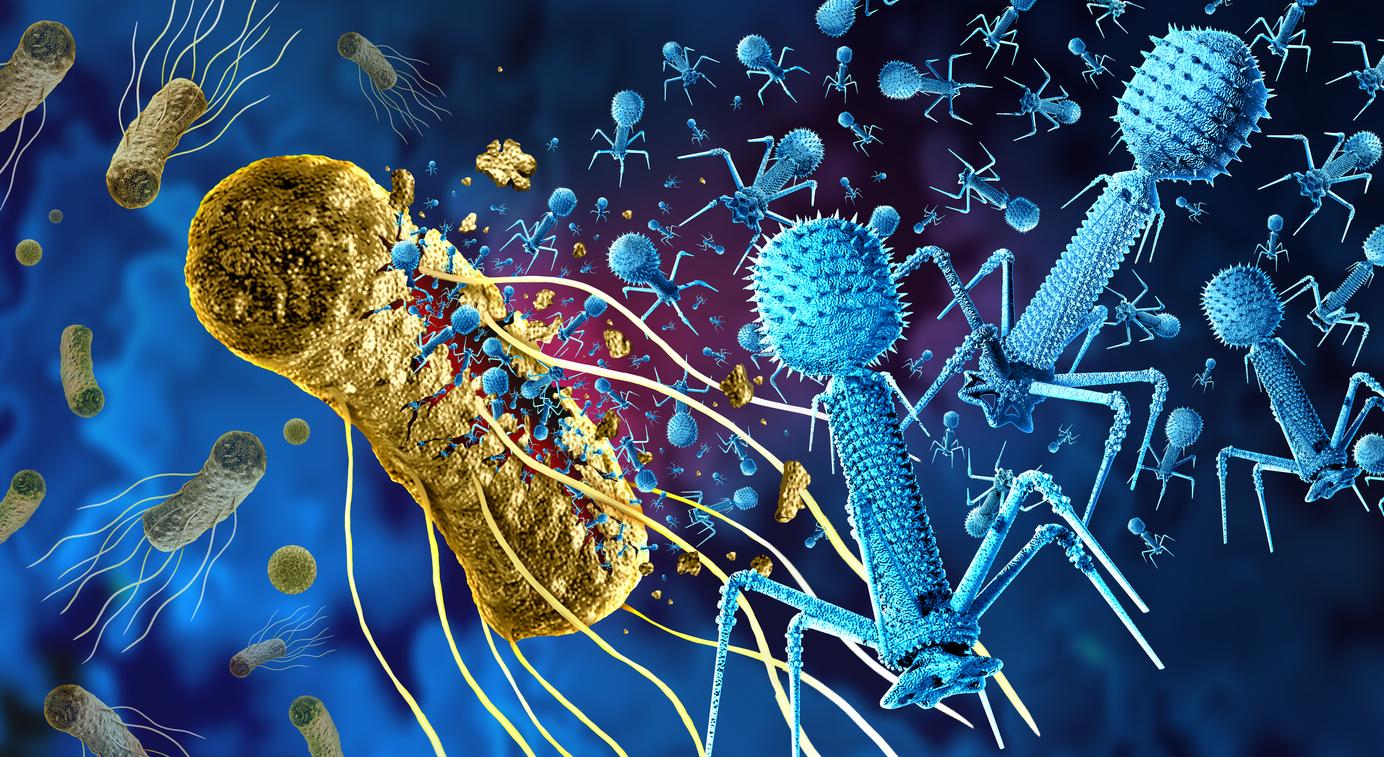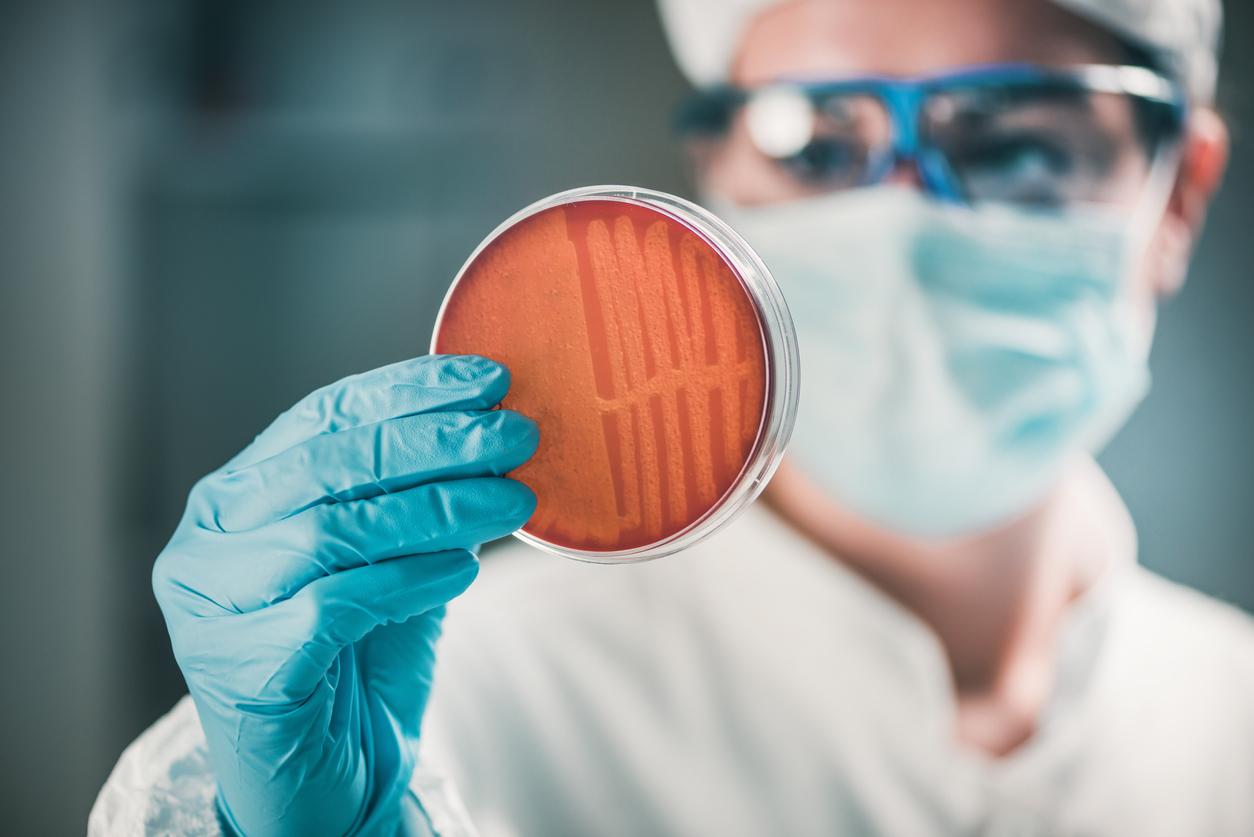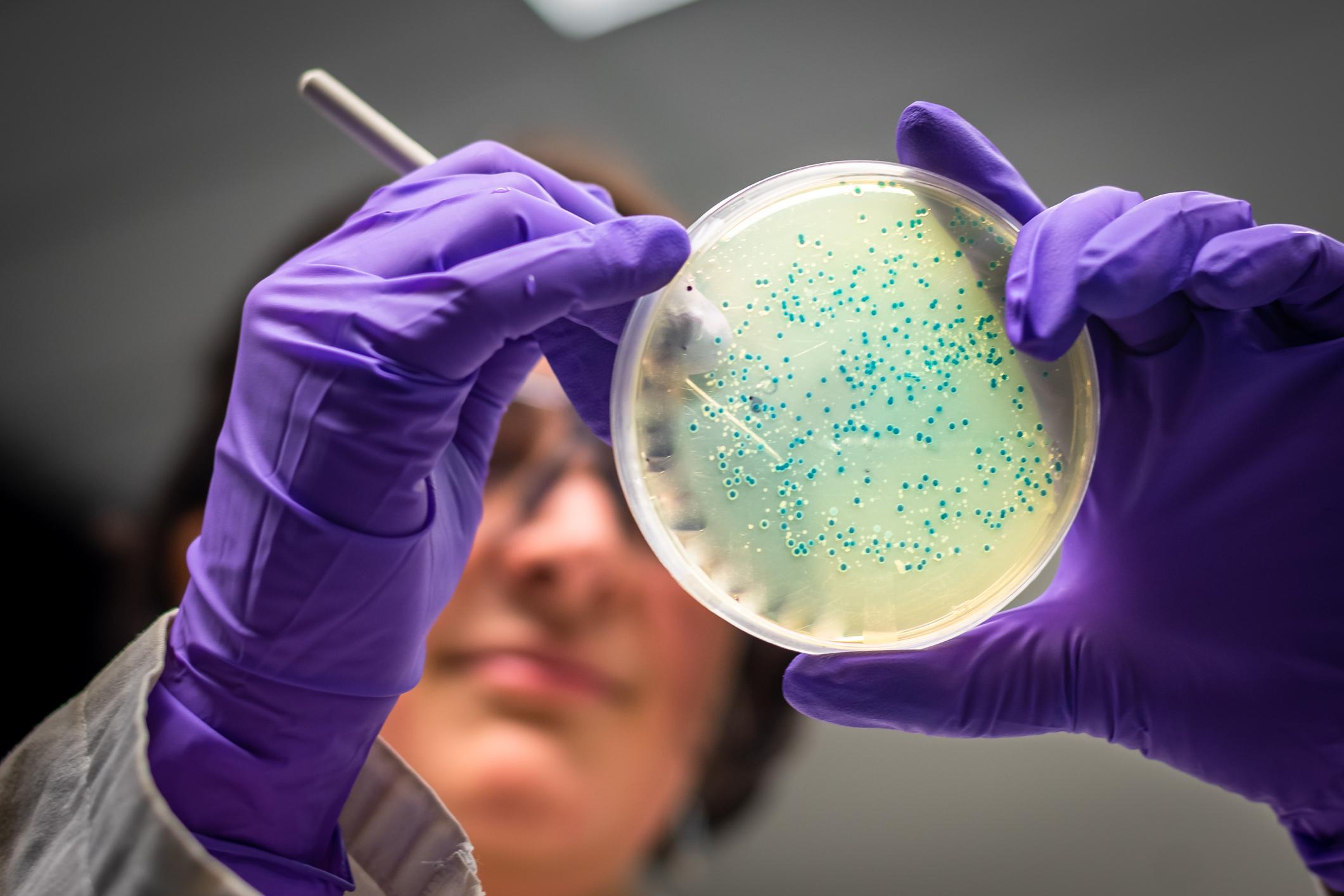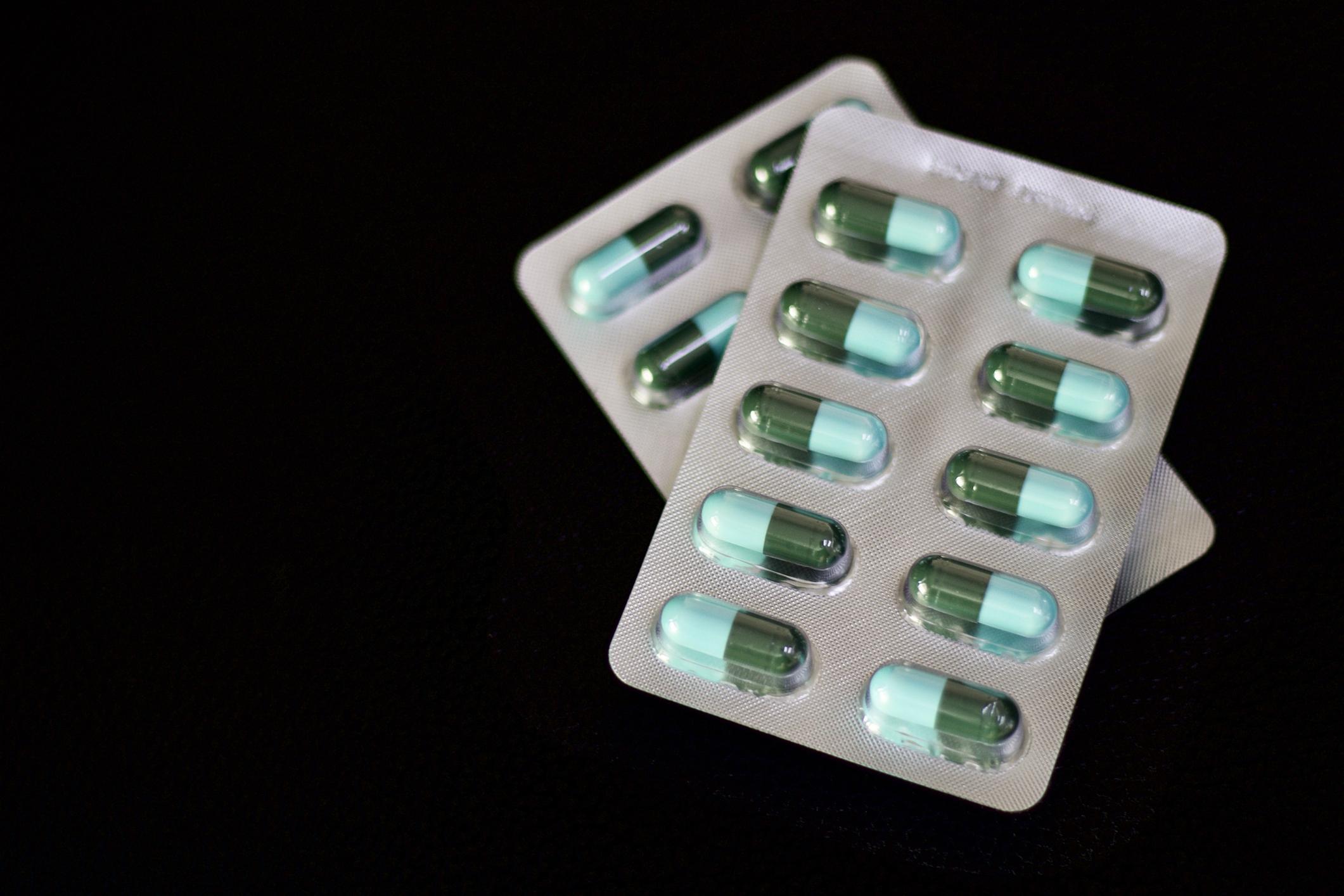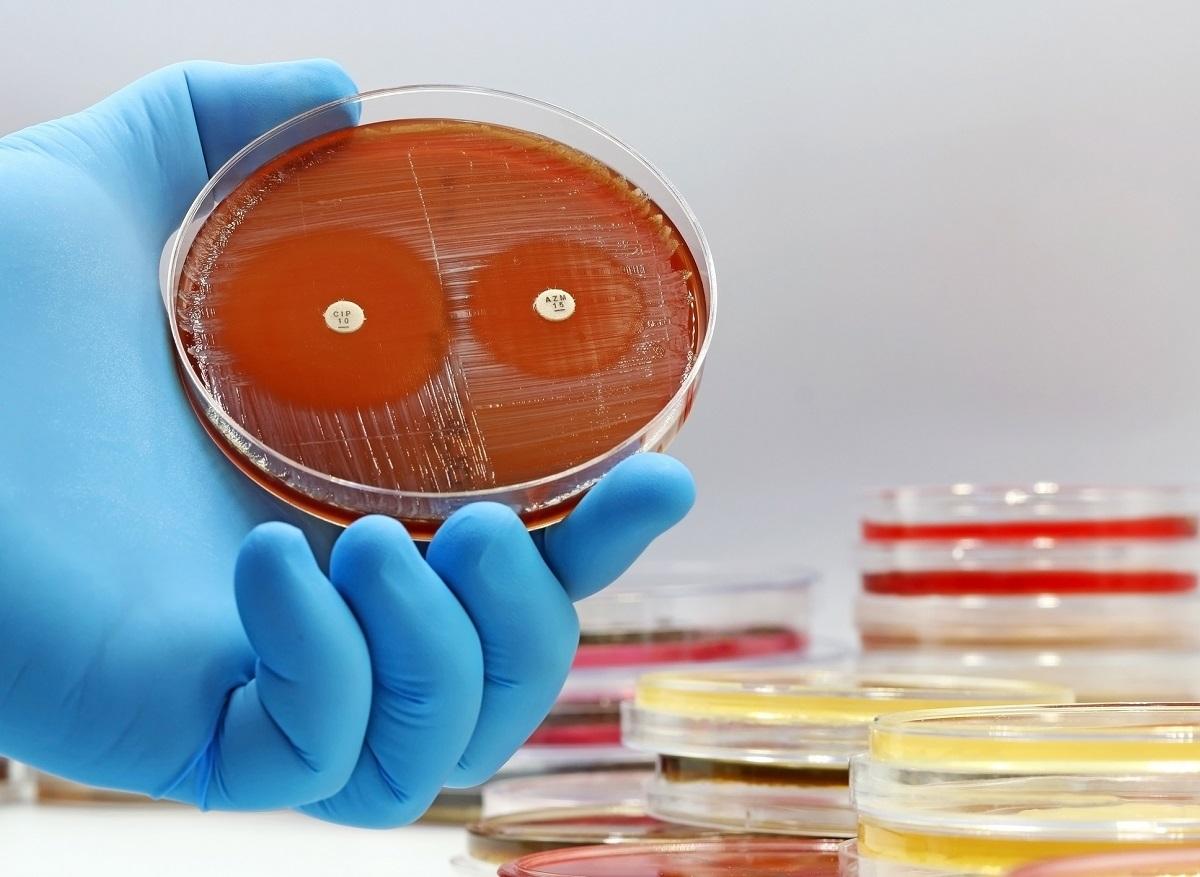They have been around for eternity. Hospital medicine denies their use in severe infections despite some almost miraculous cures. But bacteriophages give real hope as viable and effective bioantibiotics for health.
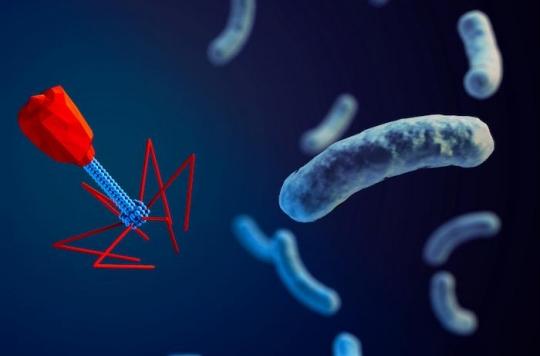
Researchers are increasingly interested in “phages”, which they call the “nano-machines” of nature. “Bacteriophages”, or simply “phages”, are viruses that infect and replicate in bacteria. Thanks to a complex “predator-prey strategy”, phages have the ability to alter the microbial balance. They therefore have considerable potential to combat antibiotic resistance and other threats to human health.
A new review published in the British Journal of Pharmacology examines the challenges and opportunities of developing phages as commercially viable and health-enhancing bioantibiotics. Among the findings, we learn that phages have complex relationships with bacteria in the gut that could alter gut microbiota, health, and disease.
Numerous reported cases of efficacy
Amputation avoided, a purulent wound for months, cleaned in a few days. In both cases, thanks to the application of a very simple product: this is the “miracle” of bacteriophages (we also say phage in a more popular version!) Which have given rise to numerous articles for several weeks.
Not the spectacular result of a new weapon of the pharmaceutical industry, but a simple liquid, made in an almost artisanal way, and which contains these famous phages, nearly a billion per milliliter. The evolution of life on our planet is undoubtedly linked to the fierce fight between bacteria and phages. Two eternal enemies but a universal couple in permanent swing.
The virus of evolution
The phage is the most important biological entity on earth. A hundred times smaller than a bacteria. Each of them contains at least one, often several, always ready to attack if the bacteria becomes dangerous. The phage mutation would explain the cycle of major epidemics, such as cholera. The bacteria of this infectious disease suddenly become virulent, causing great damage and a devastating epidemic. Until the phages it contains reorganize and destroy any aggressive bacteria. End of the epidemic and return to normality… until the next mutation. During this period of relative peace, phages engage in their second fundamental occupation: participating in genetic transfers within the bacterial cell.
A very wide variety of phages
There have been around 6000 varieties of phages, it is likely that the world has many more. But apart from that count, research seems to view them only as tools for genetic manipulation. What the doctor Alain Dublanchet deplores. This medical biologist, former head of department at Villeneuve Saint Georges hospital, has decided to devote his new retirement life to them. He has become the undisputed French specialist, but who preaches in an almost desert. “Yet the therapeutic evidence is indisputable. These cleaned wounds, these avoided amputations which are only a small part of the services that these products can provide ”.
We are talking about similar results in severe pulmonary or urinary tract infections, or in cystic fibrosis. “With almost negligible side effects and a spectacular speed of action”. Alain Dublanchet is full of praise. Except that his enthusiasm cannot be transmitted; neither to the pharmaceutical industry, nor to his university colleagues. The beautiful story remains confidential.
Financial issues
You might think the financial stakes are high. The laboratories answer that in their primitive form, they are non-patentable natural products, therefore with negligible added value. To manufacture them would give birth to a form of therapeutic GMO with the ethical obstacles that one can imagine. Biologists do not deny the interest but prefer to confine phages to the technique of gene transfer, using them as real “syringes” to carry out all kinds of manipulations on cells. “Phage therapy” was born in 1919, but the initial enthusiasm was swept away by the development of increasingly powerful antibiotics. We know the rest of the story: microbes resist and antibiotics become operetta weapons.
A phage revival
Without the phages being mentioned again. It is probably the pressure of a new form of medicine, much more modeled on the use of natural defense processes, that will bring this research back into fashion. However, the world of infectious disease specialists who speak of “gentle natural medicine” requires – the precautionary principle requires – comparative studies, long and expensive, a decision that no one seems ready to take.
And the Alain Dublanchet concludes: “I am not heard. I don’t trade, it even costs me money. I am not saying that I am right, my only motivation is knowledge and all these patients who are there to testify ”. Phage therapy is neither prohibited nor permitted, making the responsibility for most physicians too overwhelming to prescribe them. The state of our finances is likely to change the way we make decisions.
.










